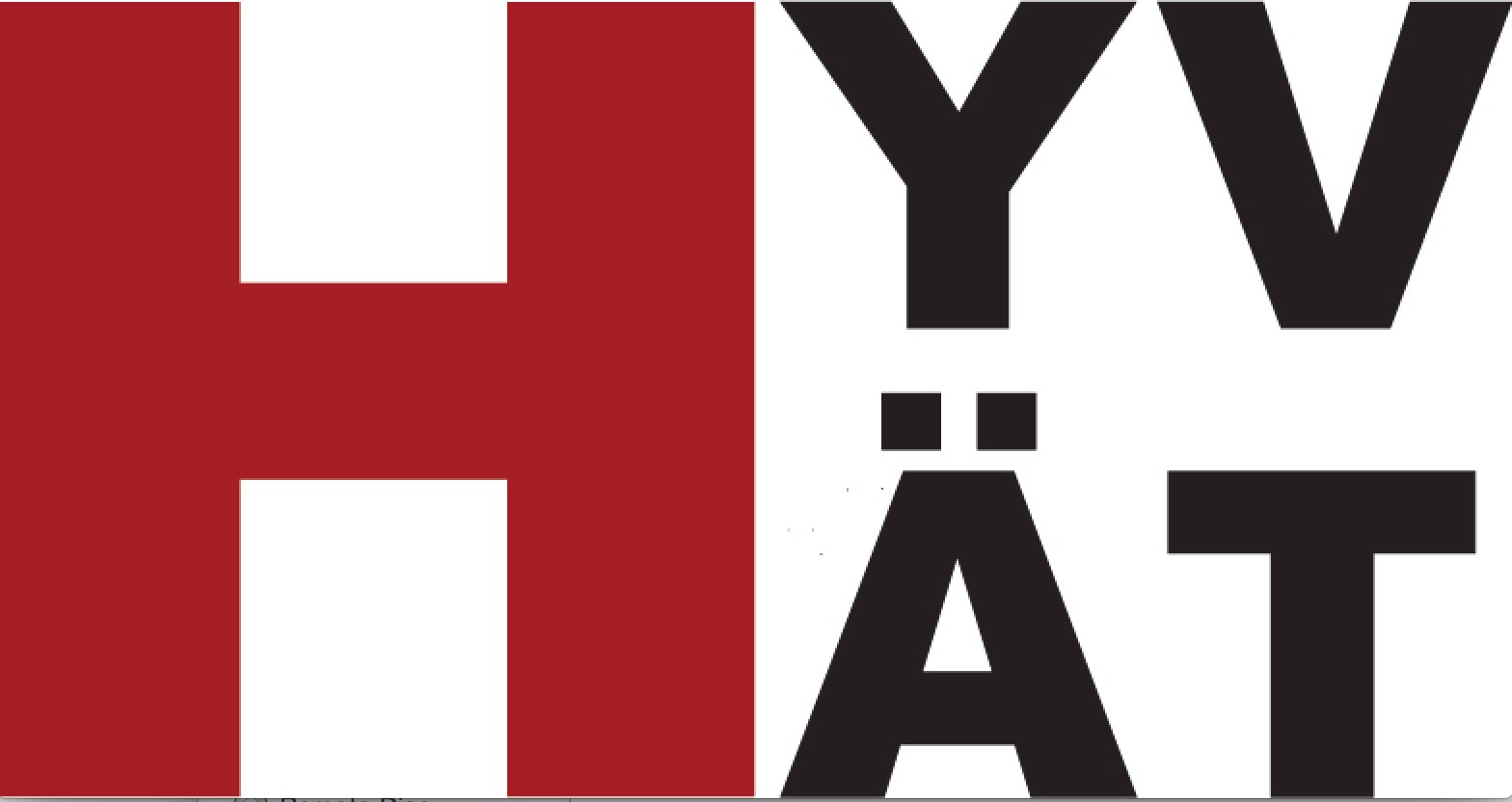Together with The Helsinki University Researchers’ and Teachers’ Association (HUART) and the Student union (HYY), HYVÄT has made a joint statement against the decision to raise the fees of language checks on PhD’s.
You can find information on the Language center’s decision in Flamma and you can read our full statement in Finnish here and the English translation below.
The recent decision will make a language check on a PhD of the recommended 250 pages length cost thousands of euros, which would be a little less for an article based thesis, but quite costly also in this case. Even before, with the lower prices of last year the language check was so expensive that many left it undone because they simply could not afford it. It is obvious that even fewer will be able to pay the new, higher prices.
The decision is unfair because it is aimed at young researchers who often work on small grants and under considerable economic insecurity. The decision also creates a situation where researchers are in different position depending on their financial situation.
The number of researchers who write their PhD’s in English is rising because that in many fields is the only realistic language for publications, but also because the university encourages them to it. However, English is a second or third language for most PhD’s, and because of this a professional high quality language check is a vital part of finishing the thesis. A linguistically good thesis is also a merit, both for the individual researcher and the University of Helsinki. The language check should therefore be seen as a central part of the doctoral education. Good academic English enhances the spread of a publication as much as weak language hinders it.
Providing a language check for free would directly contribute to the strategic goals of the university: the development of international high quality research and publications. We hope that the language check will continue to be free of charge for doctoral students, or that it will be supported by the cooperation of the university’s management, the language centre and the doctoral schools and programmes.
